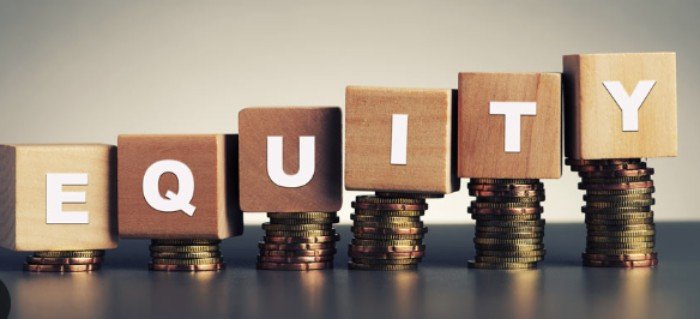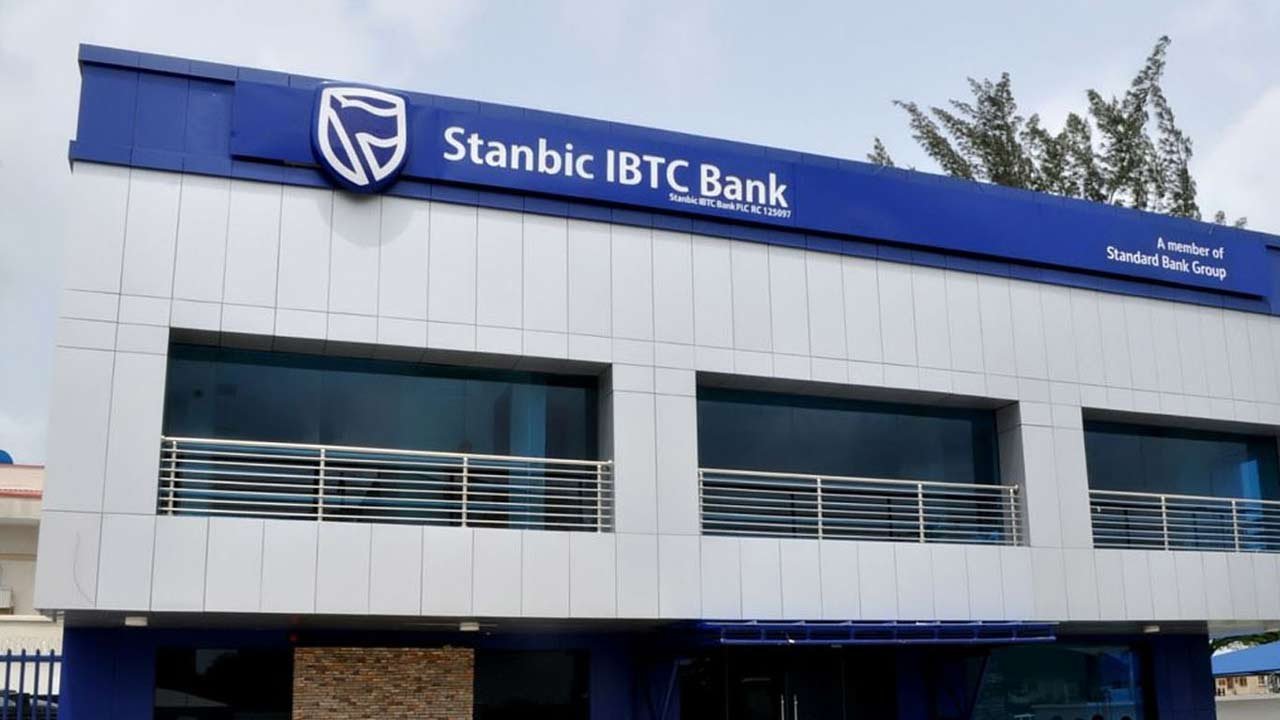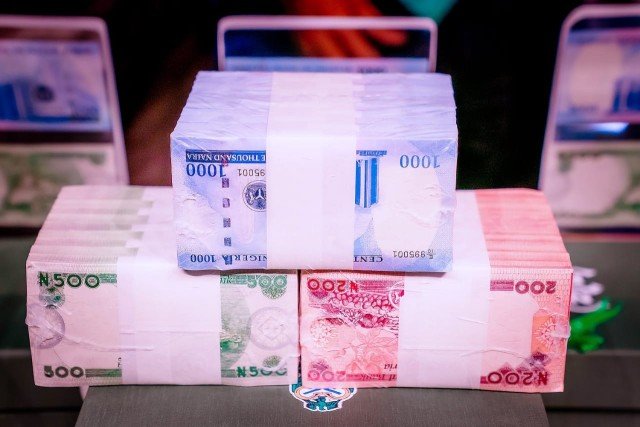In a noteworthy revelation, the unification of Nigeria’s exchange rate has resulted in an unprecedented surge in revenue from foreign exchange differences, injecting a substantial N1.36tn into the coffers of the government over a dynamic six-month period, and the ensuing impact of this foreign exchange revaluation gains, revealing a strengthened government revenue of N1.37tn.
This financial windfall, disclosed by the Federation Account Allocation Committee, highlights the economic repercussions of the foreign exchange revaluation gains stemming from the depreciation of the naira.
With the current exchange rate at N825/$, compared to the 2022 closing rate of N461.50/$1, the data showcases a remarkable increase from N0.639bn in June to an impressive N364.87bn in November.
Let’s dig deeper into the impact of this significant Forex gain on various aspects of government revenue and the broader economic structure.
N1.37tn Forex Gain Strengthens Government Revenue
Exploring the Forex Windfall
The data from the communique provides an insightful breakdown of how the accrued revenue was distributed among the three tiers of government.
The federation account garnered a substantial N625.77bn from exchange difference revenue, with state governments receiving N317.36bn, and the local government securing N244.66bn over the six months.
However, before distribution, statutory deductions such as the 13 percent derivation and other charges are meticulously accounted for.
Distribution Among Tiers of Government
Following the deductions, the distribution formula allocates 52.68 percent to the Federal Government, 26.72 percent to State Governments, and 20.60 percent to Local Governments.
Out of the Federal Government’s share, specific allocations are made, with one percent each for general ecological problems, the Federal Capital Territory, development of natural resources, and 0.5 percent for statutory stabilization. The remaining 48.5 percent constitutes the balance for the Federal Government.
States Reaping the Benefits
Recent reports underscore that 13 state governments have recorded significant foreign exchange revaluation profits, cumulatively amounting to N71.59bn in just three months.
Among these states, Akwa-Ibom leads with the highest earning of N10.2bn, followed closely by Jigawa (N7.23bn) and Imo (N6.26bn).
Other states, including Kogi, Nasarrawa, Plateau, Abia, Adamawa, Enugu, and Zamfara, have also experienced considerable gains, contributing to the overall economic boost.
Frequently Asked Questions
1. What led to the unification of Nigeria’s exchange rate, and how does it impact government revenue?
– The unification was driven by the need for a more transparent and stable foreign exchange system. It impacts government revenue by generating significant gains from foreign exchange differences due to the depreciation of the naira.
2. How is the accrued revenue from forex gains distributed among Nigeria’s three tiers of government?
– The distribution follows a formula where the Federal Government receives 52.68%, State Governments receive 26.72%, and Local Governments receive 20.60% after statutory deductions like the 13% derivation.
3. What role do states play in this scenario, and which states have benefited the most from foreign exchange revaluation profits?
– States receive a share of the accrued revenue. As for benefiting states, Akwa-Ibom leads with N10.2bn, followed by Jigawa and Imo.
4. Are there specific allocations within the Federal Government’s share, and what are they?
– Yes, specific allocations include one percent each for general ecological problems, the Federal Capital Territory, development of natural resources, and 0.5 percent for statutory stabilization.
5. What is the impact of this forex windfall on Nigeria’s economic trajectory in the coming months?
– The windfall is expected to positively impact economic growth, providing not only immediate financial impetus but also paving the way for sustained development.
6. How does the current exchange rate of N825/$ compare to the 2022 closing rate, and what caused this depreciation?
– The current rate is higher than the 2022 closing rate of N461.50/$1, indicating depreciation. Factors like economic challenges and global market dynamics contribute to this.
7. How frequently is the foreign exchange difference revenue shared, and what deductions are made before distribution?
– Revenue is shared monthly. Deductions include statutory obligations such as the 13% derivation and other charges.
8. Are there concerns about the impact of this windfall on inflation or other economic indicators?
– There might be concerns about inflation, and economists will likely monitor economic indicators closely to assess any potential impact.
9. What measures are in place to ensure transparency in the distribution of forex gains among the three tiers of government?
– The Federation Account Allocation Committee ensures transparency through a systematic distribution formula and statutory deductions.
10. How have the Forex gains affected the average Nigerian citizen, and are there plans to utilize the windfall for public welfare?
– The impact on the average citizen may vary, but there could be plans to allocate the windfall for public welfare, infrastructure development, or other beneficial initiatives.
N1.37tn Forex Gain Strengthens Government Revenue
In conclusion, the unprecedented surge in revenue resulting from foreign exchange gains has reshaped the financial landscape of the country.
The unification of the exchange rate has proven to be a catalyst for economic growth, providing not only an immediate financial boost but also paving the way for sustained development.
As the government continues to navigate the intricacies of revenue allocation and distribution, the impact of this Forex windfall remains a crucial factor in shaping Nigeria’s economic trajectory in the coming months.
The N1.37tn infusion stands as a testament to the resilience and adaptability of the Nigerian economy, offering new opportunities for growth and prosperity.
–






